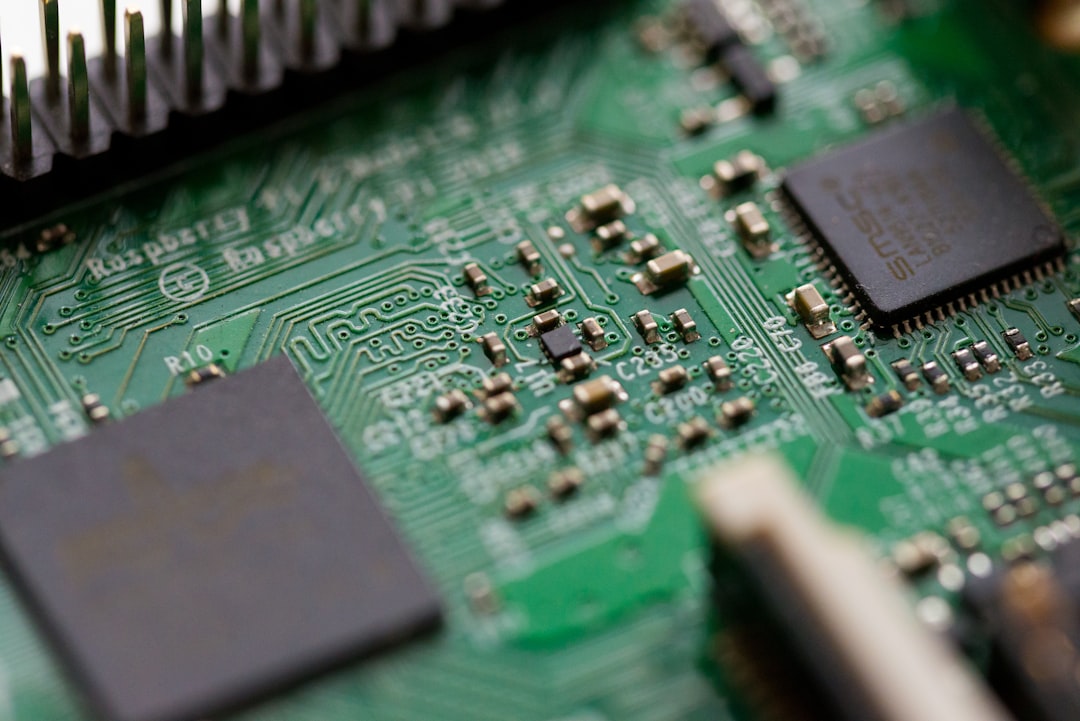In an era where digital landscapes dominate nearly every aspect of our lives, understanding the evolution and impact of modern technology is more crucial than ever. This article delves into the multifaceted world of technology, exploring its progression, its integration into daily life, and the ethical and practical considerations it brings. From transforming industries to reshaping social interactions, technology’s influence is profound and pervasive. As we navigate this digital labyrinth, it becomes essential to examine how technology shapes our present and molds our future.
The Genesis and Acceleration of Tech Innovation
The journey of modern technology began with the advent of computers and the internet, setting the stage for an unprecedented era of growth and innovation. The last few decades have seen an exponential increase in technological advancements, driven by improvements in computational power and the advent of the internet. As silicon chips have shrunk, following Moore’s Law, their capabilities have expanded, enabling devices to become smaller, faster, and more energy-efficient. This technological evolution has not only enhanced existing devices but also facilitated the emergence of new platforms and digital realms, changing how we interact with the world around us.
The Integration of Technology in Everyday Life
Technology’s integration into daily life is so seamless that it often goes unnoticed. Smartphones, wearable devices, and smart homes have transitioned from innovations to necessities. These devices collect and process data to personalize experiences, from tailored fitness plans on smart watches to voice-activated home assistants controlling our living environments. The convenience comes with increased efficiency and improved quality of life, demonstrating technology’s role as a central pillar in modern living. However, this integration also raises questions about dependency and the potential consequences of technology failing.
The Revolution in the Workplace
The impact of technology on the workplace is both transformative and disruptive. Automation and artificial intelligence have revolutionized industries by increasing efficiency, reducing human error, and lowering operational costs. Robotics in manufacturing and AI in data analysis are just a few examples where technology has enhanced productivity. However, this shift has also led to significant changes in job descriptions and requirements, necessitating a workforce that is more adaptable and tech-savvy than ever before. The challenge remains to balance technology integration with job creation, ensuring economic growth without societal displacement.
Ethical Considerations in the Age of Information
As technology advances, it brings with it a host of ethical considerations that must be addressed. Issues such as data privacy, surveillance, and the digital divide are at the forefront of discussions about technology’s role in society. With vast amounts of personal information being collected, how we protect this data from misuse is paramount. Moreover, as technology becomes a staple in certain regions, it widens the gap between those with and without access, raising concerns about equality and fairness in a digitally dominated age.
Looking to the Future: Sustainable Tech and Innovation
As we look to the future, the focus shifts towards sustainable technology and its role in addressing global challenges such as climate change and resource scarcity. Innovations in clean energy, smart agriculture, and efficient waste management are paving the way for a more sustainable approach to using technology. The goal is to create systems that not only advance human capabilities but also protect and preserve the environment. This shift towards green technology reflects a broader understanding of the need for technology that supports long-term ecological balance.
In conclusion, as we continue to explore the labyrinth of modern technology, it is imperative to consider not only the capabilities of these digital tools but also the broader implications they hold for society at large. The future will likely hold incredible technological advances, but steering these innovations towards positive societal impacts will require careful thought, ethical considerations, and proactive governance.







